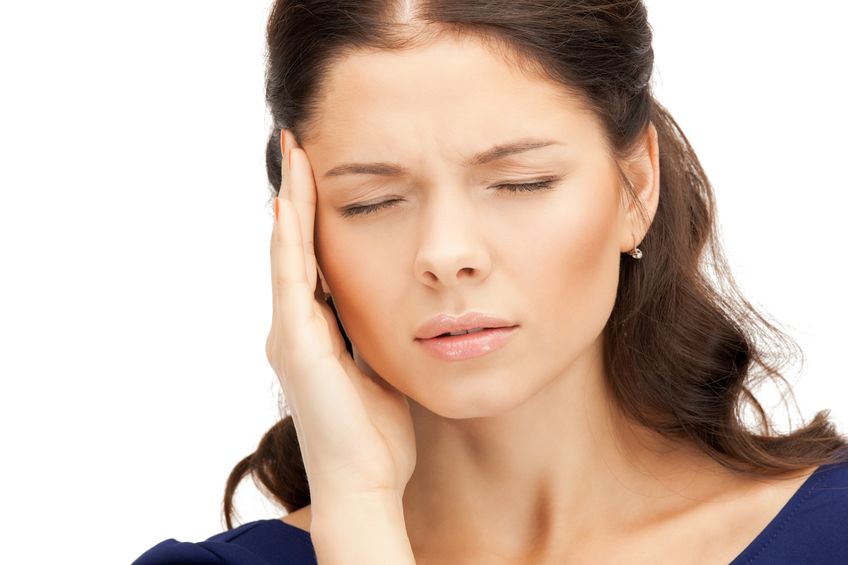Sleep Apnea in Austin
What is Sleep Apnea?
Whether you’ve just been diagnosed with sleep apnea or possibly undiagnosed, but researching the possibilities of having it, we know you have a lot of questions. What is sleep apnea? How do I know if I have it? What do I do next? Well, you’ve come to the right place. Dr. Gregg and his team treat Sleep Apnea and have the information and products you need to start sleeping well again.
- Over 25 million Americans have sleep apnea
- 80 to 90% of adults with OSA remain undiagnosed
- Severe sleep disordered breathing is associated with a 3-fold increase in all-cause mortality risk
- Sever sleep disordered breathing is associated with a 5-fold increase in cardiovascular mortality risk.
- OSA triples the risk of risk of incident hypertension over a period of 4 years
- 70-83% of patients with drug-resistant hypertension have OSA
- 70% of patients with Type 2 diabetes have sleep apnea (ASAA)
- SDB is present in 77% of men and 64% of women with a history of stroke
- 76% of individuals with congestive heart failure
- 60% of patients with metabolic syndrome
- The rate of motor vehicle accidents is seven times higher in patients with sleep apnea than in the average population
Obstructive sleep apnea results in low oxygen levels and fragmented sleep. Due to the lower O2 levels and disrupted sleeping patterns, there are many negative effects on the body.
When you start to fall asleep, your entire body begins to relax. If you suffer from apnea your upper airways will begin to collapse and result in complete (apnea) or partial (hypopnea) airway closure. When this happens your brain will wake from deep sleep due to the feeling of suffocation and begins to inject adrenaline into the bloodstream to increase the muscle tone and reopen the airway. After a few breaths, your body will relax, causing the airway to close down yet again, and the process becomes a vicious cycle throughout the night.
Symptoms of Sleep Apnea?
The symptoms of sleep apnea can be subtle or largely noticeable. This can make it difficult to detect, especially because some of these symptoms happen to people without sleep apnea. It’s always best to make an appointment with a specialist if you have one or more of these symptoms. It can go undetected for a long time, and will eventually take a toll on your physical and mental well-being.

When you have sleep apnea, your breathing stops often over the course of the night. Because you’re not receiving sufficient oxygen, causing carbon dioxide levels to increase in the blood. This affects the nervous system as well as blood flow to the brain, and can lead to headaches, as well as memory issues and mood swings.
Sleep deficiencies are impairing your sex life. This is a difficult topic but one that demands our attention. Johnny Carson once said: “I knew a man who gave up smoking, drinking, sex, and rich food. He was healthy right up until the day he killed himself.” All joking aside, dealing with impotence is no laughing matter. It’s an embarrassing, uncomfortable, frustrating position to be in. Physically, you may be fine. The plumbing, as they say, is working, but there is no desire. Your libido is all but non-existent.
- Sleep apnea takes toll on your body and your health, causing the following symptoms:
- Excessive Daytime Sleepiness
- Increased risk of cardiovascular problems (heart attack, hypertension, congestive heart failure)
- Increased risk of stroke
- Increased risk of motor vehicle accidents
- Weight gain from increased insulin resistance and glucose tolerance
- Decreased mentation
- Impotence
- Mood swings and irritability
- Morning headaches
- Decreased life expectancy if untreated

